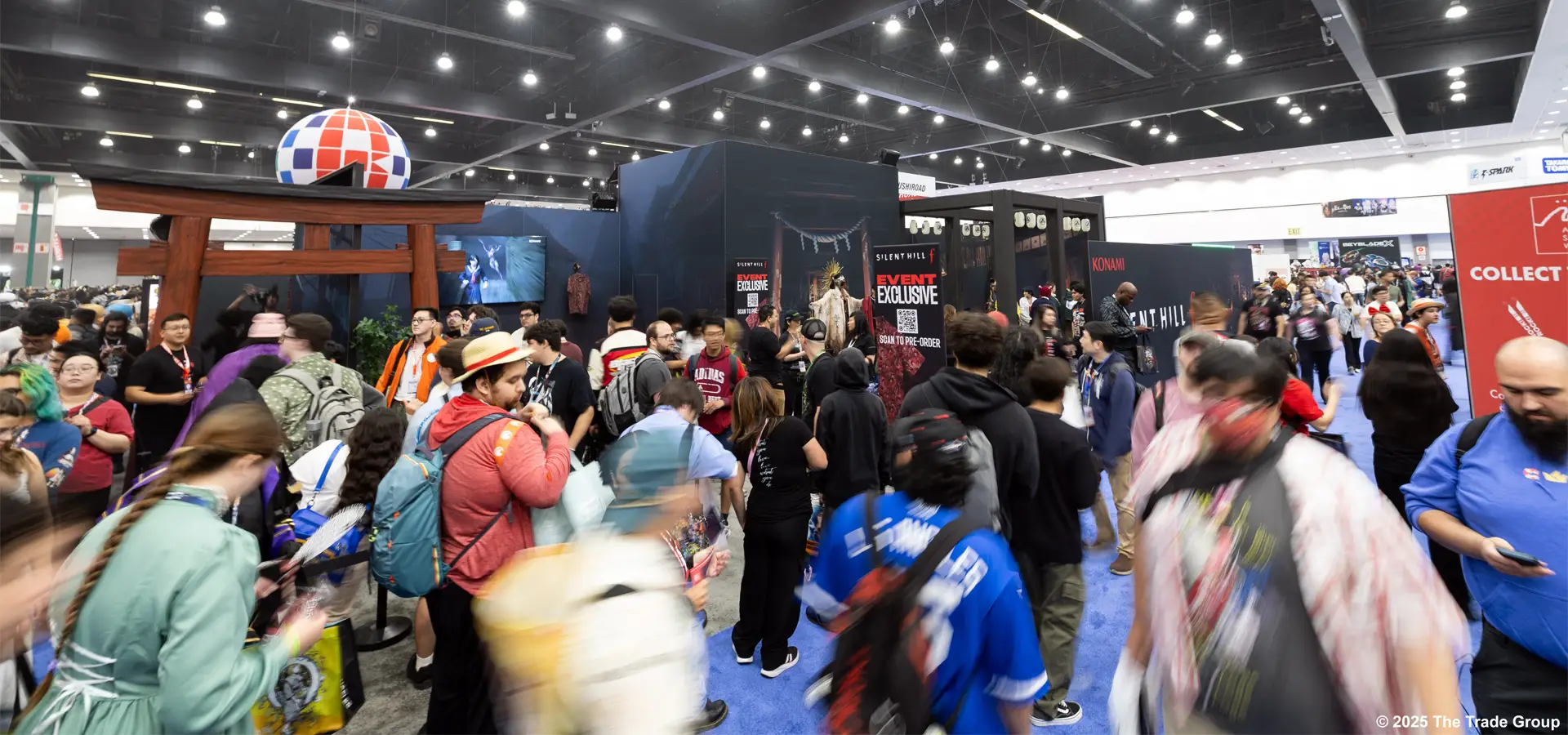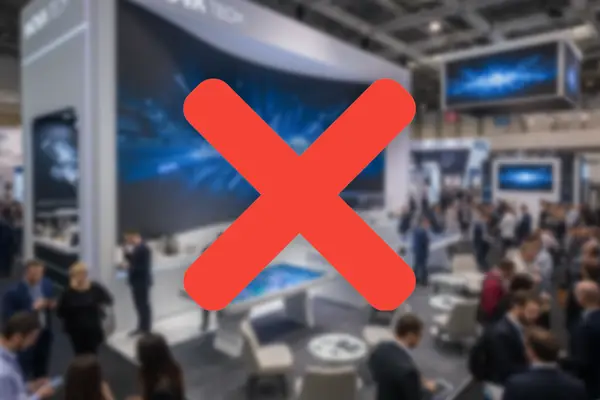[hubspot type=cta portal=20503845 id=786ce61c-d305-4b87-97f1-924377a4a52e]
Some states may have restrictions in place for out-of-state visitors to help mitigate virus spread. This may include mask mandates and self-quarantining for a period of time after arrival. Since these restrictions can change daily, it’s important to check state and local health department websites for the latest updates.
Find out what safety measures your hotel has put in place
Hotels really want your business, so it’s in their best interest to provide the safest environment possible for guests. This information is typically readily available on hotel websites.
For example, the Hilton family of hotels instituted, the Hilton CleanStay program, which upgraded the cleaning and sanitizing of rooms and public spaces, along with other safety and social distancing measures. While hotels clean rooms between guests, many have eliminated daily housekeeping to minimize the number of people entering a guest’s room (though housekeeping and fresh towels are usually available upon request).
[adgru adid="4635"]
You’ll also find other guest amenities have changed, like touchless check-in options and grab-and-go breakfasts instead of buffets. Speaking of food, you’ll want to find out what other adjustments to food and beverage your hotel has made. Are restaurants open for dine-in or take-out only? How is room service handled? While it’s pretty easy to get food delivered these days, it’s nice to know in advance, should that be your only option.
BONUS TIP: If available, download your hotel’s app on your smartphone. Some apps simplify the touch-free check-in process and even allow you to open your hotel room without a key.
Check on safety protocols at event venues, too
Event venues also really want your business, and like hotels, you’ll find safety protocols on most venue websites. Many event organizers also work in tandem with venues to help ensure safety, comfort and an enjoyable atmosphere for guests. You may find additional information and updates on organizer’s websites and social media.
To bring peace of mind (for yourself, staff and management), find out if the venue has earned Global Biorisk Advisory Council® (GBAC) STARTM accreditation. This accreditation demonstrates that the venue has met criteria established by the International Sanitary Supply Association (ISSA) for cleaning, disinfecting and infectious disease prevention. Other guidelines to look for or ask about include:
- Social distancing guidelines for waiting lines, meeting rooms, public spaces, etc.
- Cleaning frequency and type of sanitization performed.
- Masking policies.
- Use of plexiglass barriers in high-traffic, face-to-face areas.
- Temperature screening policies and how screened guests can be identified (many venues issue wristbands daily).
BONUS TIP: Most events offer apps nowadays as well. Download the event app to receive the latest updates and insight about the event.
Be sure to pack …
Safety and nutritional essentials! Life on the road has changed since pre-COVID days. If you’re travelling to a trade show or live event today, you’ll want to take steps to manage safety and comfort in your away-from-home environment. If you haven’t already, include these items on your packing list:
- Disposable or cloth (two-layers) face masks—you’ll need several, enough to change daily and extras in case you lose or soil them.
- Alcohol-based hand sanitizer (at least 60% alcohol) and disinfectant wipes (at least 70% alcohol)—check the TSA’s latest guidelines here if you’re wondering what’s OK to carry on.
- Travel blanket, wrap or scarf—it may get chilly on the plane, and blankets may not be available right now, so pack your own and/or dress in layers.
- Thermometer—to check temps of staff and yourself.
- Healthy snacks—food may be limited at the airport, on the plane and at your hotel, so pack a few protein bars, packets of almonds and a bag of trail mix just in case.
- Reusable water bottle—so you can stay hydrated (essential for a healthy immune system) and fill up as needed, should access to bottled water be limited.
- Extra pens and paper—some hotels and venues have eliminated pens and paper in shared spaces and hotel rooms.
Review safety and social distancing best practices with your team
By now, most of us know that it’s important to maintain a distance of 6-feet apart, wear masks and wash hands frequently to help prevent virus spread. If you’re travelling with a team, it’s important to review best practices and expand upon them.
[adgru adid="4635"]
Business travel means navigating crowded spaces, using public transit or ride shares, and for many, staying in a hotel for a first time since the pandemic hit. Consider the following precautions:
- Be diligent about social distancing in public spaces—stay 6-feet apart, especially from people you don’t know.
- Wear a mask at all times when in public spaces (unless you have a medical condition that prevents you from doing so).
- If possible, arrange for private transportation for your group (car rental or shuttle) from the airport to the hotel or venue to avoid being in close quarters with strangers.
- If you must use a ride share or public transit, sit far away from the driver and other passengers, and don’t ride with a driver who isn’t wearing a mask.
- Wash hands frequently with soap and water, for at least 20 seconds, or use hand sanitizer (minimum 60% alcohol-based), cover entire hands and allow to dry. You should wash hands or use hand sanitizer:
- Whenever you’ve touched a surface in a high-traffic area (railings, door handles, car doors, airline check-in kiosk, car rental counter, elevator buttons, etc.).
- Before you put your mask on and enter a public space (like the airport)—you don’t want to spread germs to others.
- Immediately after you’ve gone through security at the airport.
- After using the restroom (obviously) but be sure to grab an extra paper towel or use a disinfectant wipe to open doors when leaving, then dispose in the trash once outside.
- Before you remove your mask, and avoid touching your face until you’ve been able to thoroughly wash your hands.
- Before you go to bed at night, as an added safety measure.
- Sanitize surfaces around you with disinfectant wipes when possible.
- Airplane tray tables, arm rests and restroom sink handles and doors.
- Carry-on items that have been run through security screening at the airport.
- High-touch surfaces in your hotel room when you arrive (door handles, light switches, tables, counter tops, desks, remote controls, faucets, toilet handle).
- High-touch surfaces in your trade show exhibit (counter tops, chairs, interactive displays, etc.).
- Perform regular temperature checks of booth staff and other employees at the event.
If you believe an employee’s health is at risk, they should stay home
While we can take many precautions to avoid contracting the virus, people at high risk for a severe bout of COVID-19 should be cautious about business travel, at least until they are vaccinated and the virus is under control. This includes people age 50 and above and those with certain underlying health conditions. Visit the CDC’s website to find out who is at high risk for severe illness.
Have questions about creating a safe and sanitary booth space for your guests or hosting a socially-distanced live event of your own? The Trade Group is here to help! Give us a call at 800-343-2005 to learn more.








